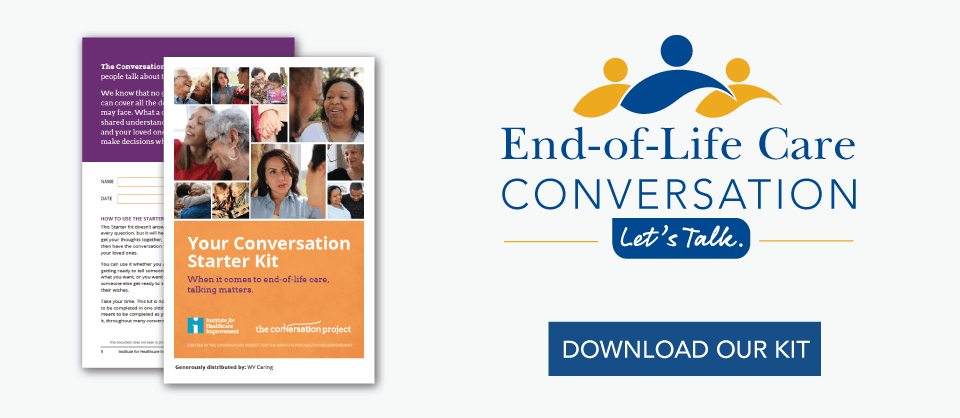According to Johns Hopkins Medicine, approximately 84 million people in America suffer from some form of cardiovascular disease like heart disease. Heart disease can put an individual at risk for heart failure. According to the Centers for Disease Control and Prevention (CDC), 5.7 million adults have heart failure. Heart failure occurs when the heart muscles can no longer pump effectively, and fluid builds up around the heart, abdomen, lungs and other parts of the body. Learn more about the other associated risks with heart disease, what you should do if you’ve already been diagnosed with heart failure and what you could be doing to plan.
RISKS OF HEART DISEASE
According to the American College of Cardiology, three out of 10 people over the age of 80, and more than four out of 10 people over the age of 90 who have heart and blood vessel disease have an underlying state of frailty.
Signs of frailty include:
- Weight loss
- Poor appetite
- Difficulty moving
- Memory loss
- Fatigue
TIPS FOR AMERICANS WITH HEART DISEASE
For Americans who already have heart disease, there are certain tips that you can do to maintain your health.
- Be Active: Get out and walk.
- Connect: Connect with others. This will give you a network of people to talk with, and a great support system.
- Be Prepared: Bring a list of all your medication and review it at every health visit.
- Don’t Give Up: After a setback, physical therapy or cardiac rehab can help you get moving again.
- Have Goals: Set your care goals and share them with your loved ones.
- Ask for Help: Ask for help if you are in need, feel depressed, lonely or are having trouble with daily tasks.
- Plan for the Future: Talk about your end-of-life wishes and plan ahead with your family.

WHAT IF I HAVE BEEN DIAGNOSED WITH HEART FAILURE AS A RESULT OF ANOTHER DISEASE
Heart failure can stem from other diseases, including lung disease, alcohol overuse, thyroid disease, chemotherapy, heart valve disease and more. If you have already been diagnosed with heart failure as a result of another disease, your medical team may have options for you including medication, surgery or a transplant.
However, if you have end-stage congestive heart failure (CHF) or terminal heart disease, it may be time to think of your end-of-life care wishes.
END OF LIFE CARE WISHES
In our blog, Advanced Care Planning: It’s Never Too Early to Plan for the Inevitable; we discussed the power of planning for the future, and how to start having the end-of-life care conversation.
The end-of-life care conversation can seem daunting, but we want to help make it as easy as possible. Before you have the conversation, you should consider:
- Whom do you want to talk to?
- What if your wishes are not the same as your husband and family?
- Who would be the right person to carry out your wishes?
- Where should the talk take place?
- When should you talk to your doctor?
- When is the right time to talk – now or on the next visit home?
After you have answers to these questions, then it is time to think about:
- What will make you feel ready to have this conversation?
- Do you have any concerns you want to bring up?
- What will be most important to you at the end of life?
- How involved in treatment do you want your healthcare provider to be?
- How long should you receive medical care?
- How involved do you want your loved ones to be?
This conversation does not have to happen all at once. If you want to have multiple conversations, that is fine. If you’d like more information on the end-of-life care conversation, download our kit below.
HOW CAN WV CARING HELP | AMERICAN HEART MONTH | HEART DISEASE RISKS
Unfortunately, the shift between not needing help and needing help happens. Having a support system can be important later when your health declines. Signs that you may need more help include:
- Confusion: missing appointments
- A decrease in mobility: having difficulty walking or frequently falling
- Mood changes: feeling sad to the point of not wanting to participate in activities, angry or suspicious
- Frequent ER trips: experiencing chest pain, breathing difficulties and fatigue
At WV Caring, we can help. Hospice can help the patient and family manage these symptoms at home or wherever they reside when a cure is no longer possible, or the burden of treatment for the cardiac disease is outweighing quality-of-life. Hospice provides medical, emotional and spiritual support for the patient and their family. For more information about the benefits of hospice, click here.

